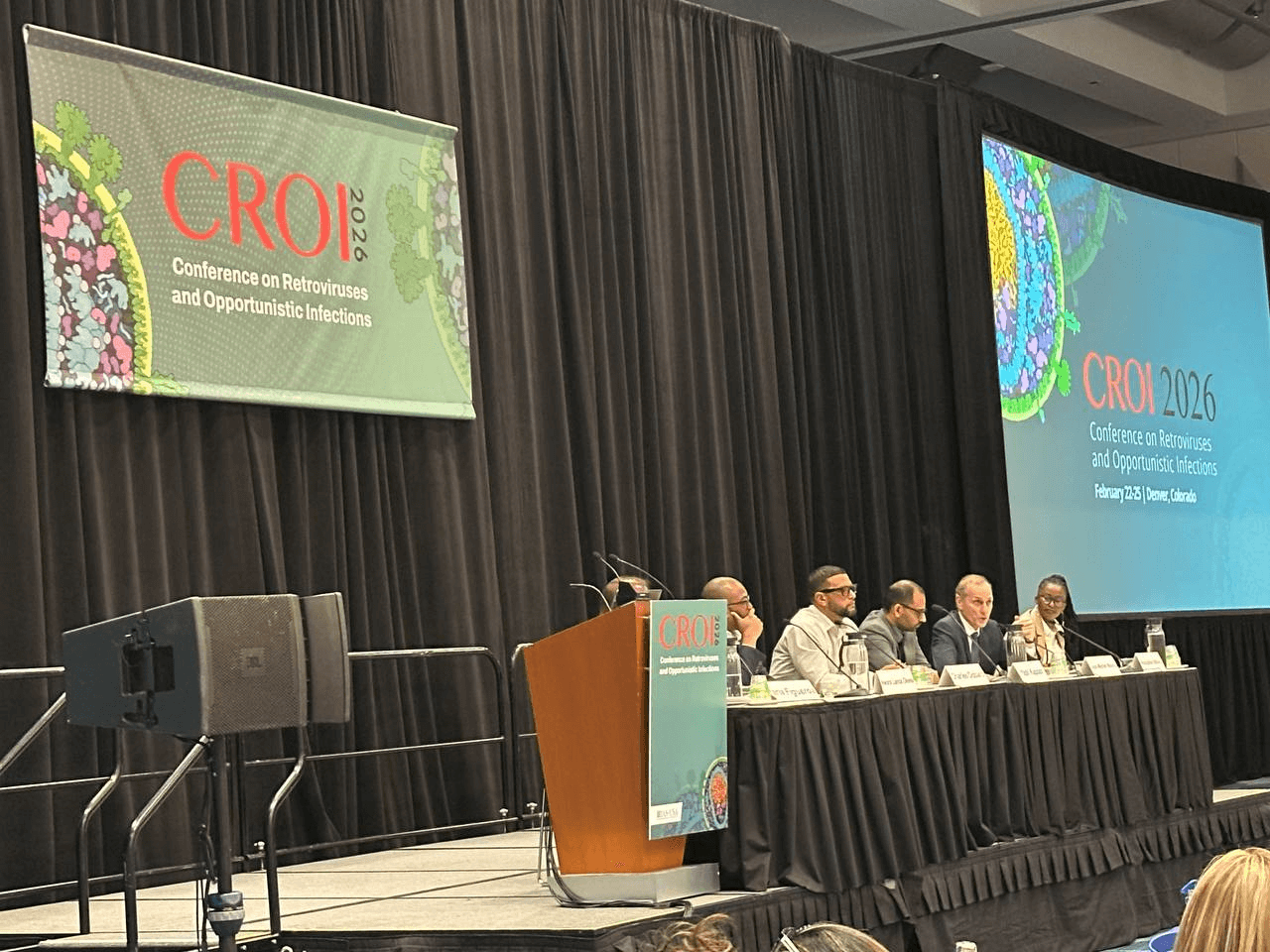IAS 202: Are people living with HIV likely to be more severely impacted by COVID-19?

During the IAS Conference on HIV Science 2021 (IAS 2021) several reports and sets of data were presented on the impact of HIV and COVID-19. Here are just three.
WHO: results of the study
The World Health Organization (WHO) has established a Global Platform designed to assess clinical characteristics, outcomes and risk factors among people hospitalised with suspected or confirmed COVID-19 worldwide.
Between January 2020 and April 2021, the WHO platform received anonymous individual clinical data from 26,412 hospitalised patients worldwide. Among them were 15,522 people living with HIV (PLWH). The data on PLWH was received from 24 countries. Among PLWH, more than 36% had suffered from severe COVID-19, with most of them being male.
After analysing the data, WHO experts suggested that HIV was most often associated with an increased risk of severe COVID-19. There are a number of factors that increased the risk of death:
- Age > 65 years
- Male sex
- Co-morbidities - the most common of which were:
- hypertension (33%)
- diabetes (23%)
- obesity (17%)
US: results of the study
The aim of the US study was to assess the impact of HIV on COVID-19 outcomes as well as hospital-acquired mortality among hospitalised patients.
The trial included adults hospitalised with coronavirus from March to December 2020. Experts analysed 21,528 people with confirmed COVID-19, including 220 PLWH, from 107 US hospitals.
Hospitalized people living with HIV were usually younger and more likely to be male (72% versus 53%), African Americans (51% versus 25%), and active tobacco users (13% versus 7%).
Of the total group of participants, 36 people (16%) living with HIV and 3,290 (15%) people without HIV died in hospital during COVID-19 treatment. Following the amendments to age, sex, race and insurance, experts determined that HIV was not related to hospital-acquired mortality because it largely depended on other factors.
Spain: results from Catalonia
To study the risk factors for severe COVID-19 outcomes, Spanish researchers analysed data from 13,142 PLWH from 16 hospitals in the province of Catalonia. These were mainly men (81%), middle-aged (average 47 years old) with an undetectable viral load (81%). In addition to HIV, participants had at least one co-morbidity, with 65% having more than one disease and 23% having more than three.
The study concluded that experts concluded: people with HIV are more likely to be diagnosed with COVID-19 if they were migrants, gay or bisexuals or if they had at least four co-morbidities. Injecting drug users were significantly less likely to be diagnosed with COVID-19 than the rest of the population.
People with HIV aged 75 and over were 3.5 times more likely to have severe COVID-19 outcomes (hospitalisation or death) than younger people.
Scientists found that every additional underlying condition was associated with a significant increase in the risk of a serious COVID-19 outcome. People with underlying health conditions were almost 6 times more likely to have severe outcomes.
Researchers also examined the relationship between CD4 count, viral load, and severe COVID-19 outcomes. They found that while the amount of CD4 did not affect the serious risk in people with a suppressed viral load. People with high viral load and CD4 numbers below 500, however, had an increased risk of severe outcome.
According to WHO recommendations, people living with HIV should be vaccinated against COVID-19 as a matter of priority. And they also need to minimise bad habits - such as smoking, monitor their health, regularly take ART. By doing our best to stay healthy we can help lessen the severity of COVID-19 should you become infected.



